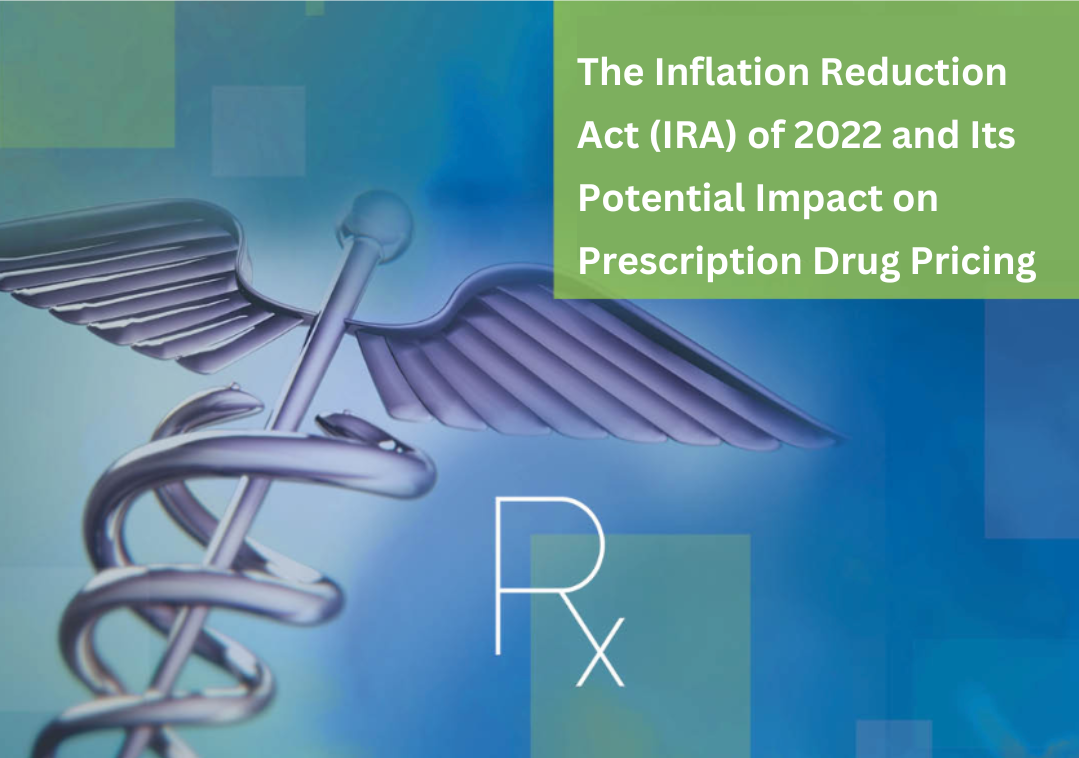The Inflation Reduction Act (IRA) of 2022 and Its Potential Impact on Prescription Drug Pricing
This past August, Congress passed and President Biden signed the IRA into law. Among the goals of this Act to curb inflation and reduce the deficit are investments in clean energy, expanding the IRS staff, and more. Of immediate importance for the long-term care sector is the prospect of lowering prescription drug prices next year and for years to come.
To address this topic, a recent webinar hosted by Forum Extended Care Services, “Senior Care Pharmacy Coalition—What’s on the Agenda Related to Long-Term Care,” shines a light on what’s coming in relation to Medicare Part D restructuring and its impact on LTC Pharmacies (LTCPs), beneficiaries, and LTC facilities. Alan G. Rosenboom, JD, BA, president and CEO of the Senior Care Pharmacy Coalition (SCPC), delivers firsthand knowledge and experience with the processes and negotiation on this all-important subject.
The reforms proposed by the restructuring of Medicare Part D will impact both beneficiaries and LTCPs. Beneficiaries should enjoy lower pricing and out-of-pocket caps. LTCPs anticipate a reduction in collections/bad debt co-pays, but will also face pricing pressure from health plans/Pharmacy Benefits Managers.
Pricing considered for negotiation are Part D & Part B drugs that have the highest program expenditure, brand-name drugs that do not have a generic or biosimilar equivalent, and drugs that have not received FDA approval in the allotted time frame. These negotiations begin in 2023 for 2026. Ten additional drugs will be added in 2026 for Part D medications. Come 2027, 15 more will be added for Parts B and D.
What about rebates? For about half of all drugs covered by Medicare from 2019-2020, prices increased 1% over the inflation rate. In the first quarter of 2022, however, one-third of these drugs were priced at more than 7.5% over the inflation rate. In 2023 the inflation rebate will come into effect, using 2021 as the base year. At this point rebates will be based only on Medicare revenue.
In the Home and Community-Based Services (HCBS) sector, more people are looking to receive long-term care services in the comfort, familiarity, and security of their own homes—and this trend is likely to continue. These Medicare beneficiaries’ needs will continue to grow, which is why HCBS have become a policy focus.
For optimal savings and reimbursement, LTC providers’ affiliation with an LTCP reap valuable benefits. Why? LTCPs maintain the data and tools to efficiently comply with rebate programs and share the savings with providers through competitive pricing and enhanced services. LTCPs are strong allies and act as a partner for facilities. They are more secure and reliable option than using a pharmacy audit company, which can pose risks:
- Claw backs: This term describes a contractual provision whereby money already paid to a facility must be returned to the pharmacy audit company, sometimes with a penalty.
- Non-compliance with safe harbor provisions.
- Presents a potential misuse of pharmacy information.
The security and reliability of LTPCs make them a better option, avoiding potential pitfalls that can be time-consuming and expensive to rectify.
Be aware and stay up to date on how the IRA, CMS, and Medicare will meet and work around challenges during these inflationary times.
For in-depth information on these important legislative decisions–and others in the pipeline, access Forum’s webinar, “Senior Care Pharmacy Coalition—What’s on the Agenda Related to Long-Term Care,” here.
Click here to download a free tip sheet: Keeping Up with the Inflation Reduction Act.
